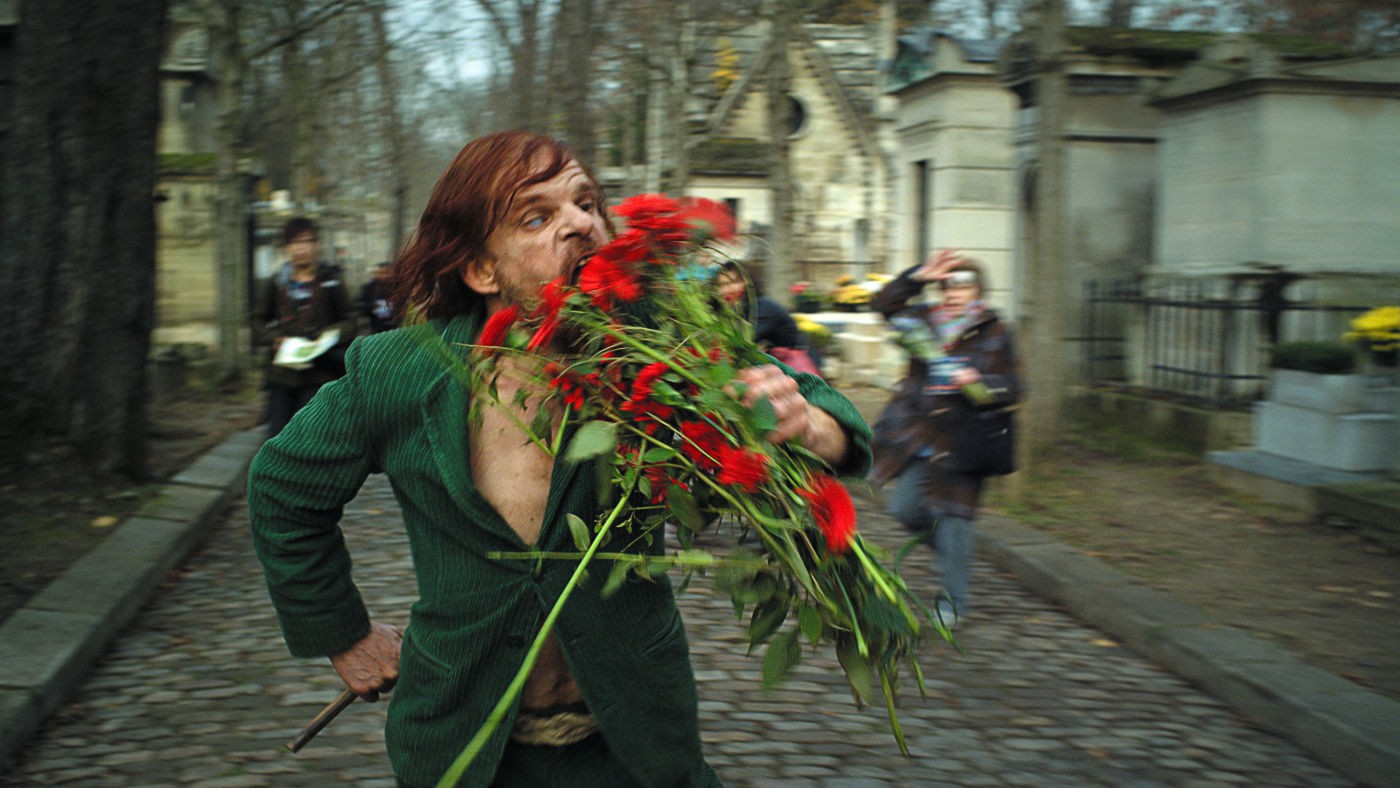
It’s the numbing effect of alcohol on mind; It’s Jim Morrison’s poetry and Andrei Tarkovsky’s cinema. We call this sense “psychedelia”‒a sense that represents our mental state as we attempt to experience an awakened dream. Such a transcendental act of conscience has been yearned by our kind since its very first occurrence and through many different passages, material and incorporeal, that may offer a comforting disintegration of reality.
“This is the strangest life I’ve ever known,” Morrison once said. Indeed, life is as strange as we’re willing to experience it. Cinema, more than any other medium, has provided us with the means to carry out mental trips into the strangest and most psychedelic layers of life. Decomposing reality into its fundamental dust and bringing it back into a visual body of spinning colors and lights, Stanley Kubrick, Alejandro Jodorowsky, David Lynch and many other auteurs have illustrated a deformed yet substantial idol of our world.
In this case, let’s focus on some of the most psychedelic pieces of the seventh art that occurred during the idealistic and technological maelstrom of the 21st Century. Sit comfortably, grab a cigarette or a glass of whisky and don’t hesitate to enjoy their most elusive ingredients.
10. The Fall (2006)
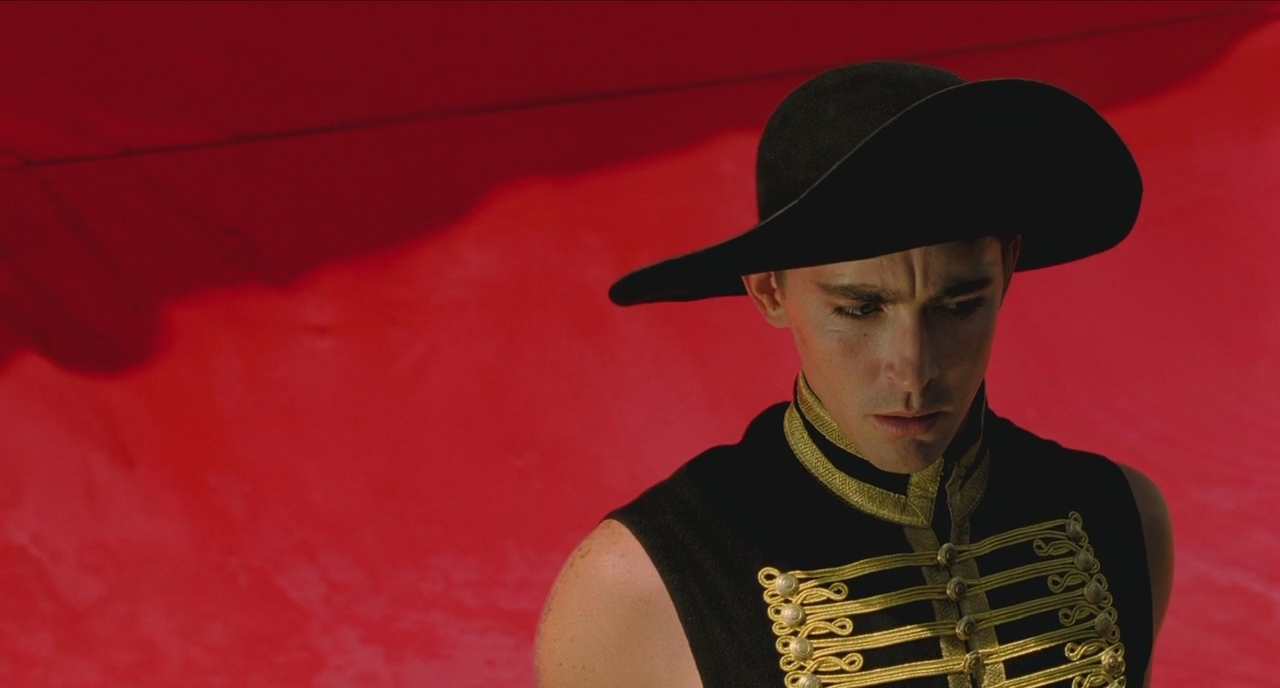
Visually stunning and developed on an unconventional narrative path of striking moments, Tarsem Singh’s “The Fall” immediately occupies a permanent cell of memory in every viewer’s mind. Filmed in original settings of almost 30 countries, this is a delightful voyage in the earth’s mysteries and even, in the imaginative sentience of a child.
In a way, “The Fall” tells the story of Alexandria, an intelligent young girl who spends her days in the confined and miserable environment of a hospital. When she meets Roy, an injured movie stunt-man, he tells her of a freewheeling story that involves various different parts of human history. Like Alice fell into the rabbit hole, Alexandria fell onto the illusive ground of Roy’s adventure lands.
Inspired by a child’s colorful dream and dedicated to the both violent and escape-seeking aspirations of adulthood, this is a film to be experienced as a comeback to childhood, or as an observation of our kind’s haunting yet mundane meandering on its territories. In any of these cases, “The Fall” is a unique, secret glace in a heart dazed by sugar.
9. 2046 (2004)
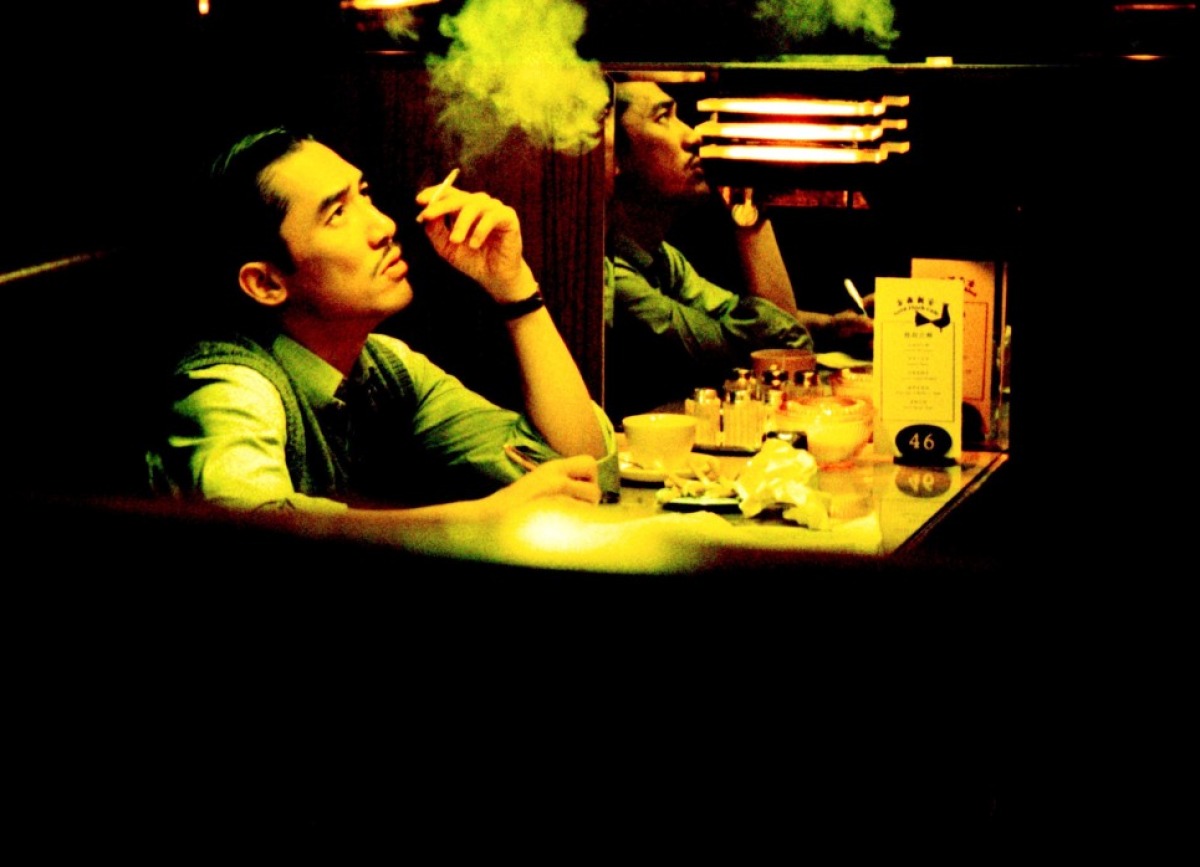
Kar-Wai Wong’s search for love’s ingredients and points of frailty has always taken place on a dazzling surface of textured sentiments and trembling reality. Since his first study of love in the obscure substance of a hurt spirit, as it is portrayed in “Chungking Express,” the Chinese filmmaker changed the way we perceive romance.
His notorious “2046” comprises another study of erotic love that exceeds the limits of space and time, reaching a level of panhuman and timeless sentimental accuracy. It follows Zhou Mo Wan, a male science fiction writer, who mentally transports through time in order to claim lost chances of a lifetime and get in touch with beloved figures of the past. But is such an extravagant mental act enough to change history, or would humans eternally remain loyal to their inner substance?
In Kar-Wai Wong’s melancholic universe of cryptic illusions, “2046” occupies its own planet of a captivating, melodic and volatile idealistic soil. Is it a sad dream that swirls in a vain attempt to find love? Yes, perhaps it is. But before it brings you back here, it takes you to the stars.
8. Waking Life (2001)
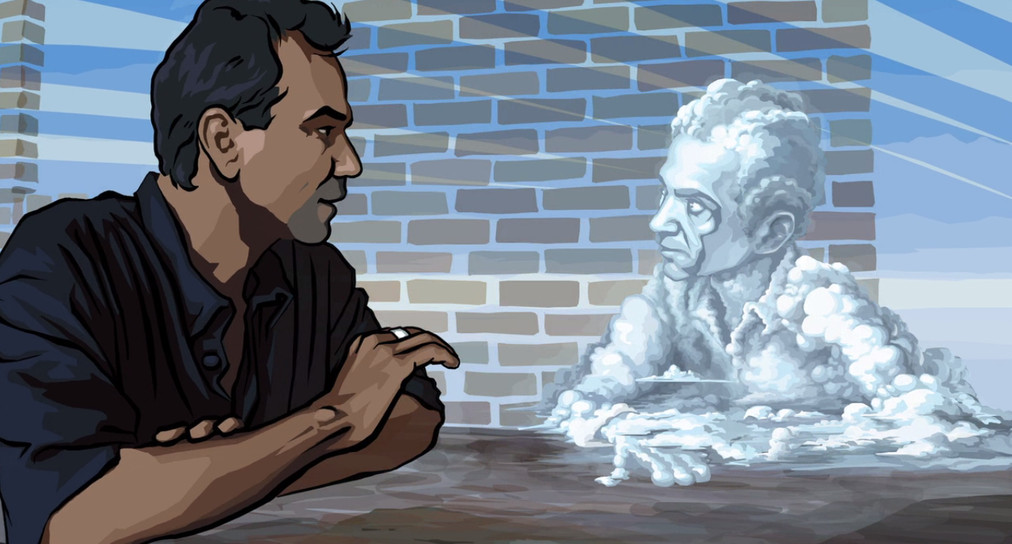
From his observations on teenage life until his long-term studies on relationships and life itself as it smoothly evolves, Richard Linklater has always focused on various behavioral trends in a quite profound yet direct way. We’ve loved his realistic characters, either they are adolescents in a search for identity either they are adults who discover love.
Shinning like a breath of crystal-clear thoughts, “Waking Life” is perhaps the most existential work among Linklater’s numerous masterpieces. Taking place in a man’s dream, it effortlessly unfolds on a palpable aspect of both subconscious and actuality. Until the end, you’ll have probably forgotten that this is something else than your own, deepest dream.
Essentially, “Waking Life” comprises a psychological study, suggesting that if one dives into his mental object through the cerebral canals that we call “dreams,” they will finally perceive reality, including other people and their own selves, in its wholeness. Being absolutely inspiring, entertaining and educational at the same time, this is one of the best psychedelic cinematic experiences you could ever have.
7. A Field in England (2013)
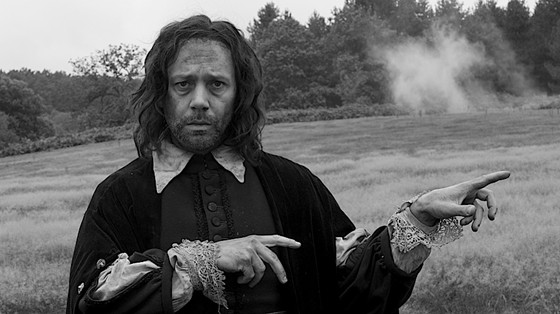
Ben Wheatley’s 2013 curio of “A Field in England,” more than any other picture, expands the topical landscape of period films. Interlacing a thread of history, a thread of existentialism and a thread of nightmarish insobriety, it falls in a claustrophobic eternality of its own.
During the English Civil War of the 17th Century, three recreants leave the battlefield so as to search for a free life into the wild. Stricken by a blood-stained fate, their group meets a magician who coerces them to assist his quest for an underground treasure. In the course of this task, the three men cross a field of mushrooms which seems to host a first desired meal table. Since this circumstance, however, they seem to be trapped in a rampant energy web of evil forces.
On a volatile black-and-white canvas of visual motion and mental delirium, Wheatley’s audacious cinematic sedation irritates a quite dark nerve of perception, as it compares two major aspects of horror on the circle of a nightmare. Being heavily demanding, as regards one’s aesthetic and rational senses, “A Field in England” is a tantalizing psychedelic adventure in the absurd.
6. Samsara (2011)
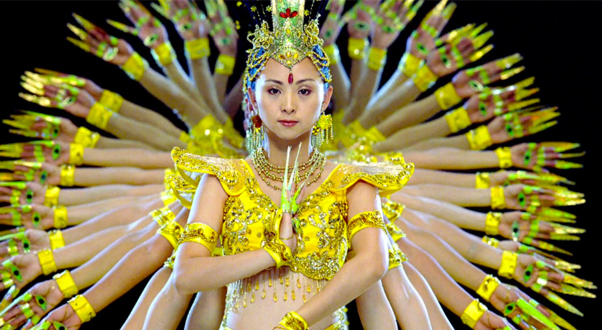
Appearing as the 21st Century’s equivalent of “Koyaanisqatsi,” Ron Fricke’s “Samsara” is an ode to the senses. During its hovering over a colorful, polymorphic and melodic world, this absolutely stunning motion picture glorifies the beauty that we see, touch, smell, and even find inside us.
Moving from the most pristine grounds of nature to the most structured urban complexes, “Samsara” breathlessly navigates us in the wonders of a continuously evolving space-time continuum. As its title suggest, this film respectfully projects the natural ability of growth and renaissance in the magic of its frame and flow.
Obviously inspired by Buddhist philosophy, this is a documentary that achieves to trigger skepticism and introspection, while it provides a stimulating sensual experience that could satisfy even the fussiest taste. On a thin cosmic corner where nature, culture, and philosophy meet, we find “Samsara,” glowing on its stunning portrait and streaming in its intoxicating aura.